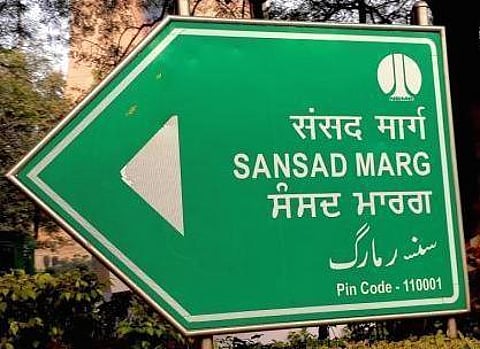
- Latest Legal News
- News
- Dealstreet
- Viewpoint
- Columns
- Interviews
- Law School
- Legal Jobs
- हिंदी
- ಕನ್ನಡ

The Law Commission of India, headed by Chairman Justice A.P. Shah, had recently published its First (248th) and Second (249th) Interim Reports on recommendations to repeal certain obsolete statutes.